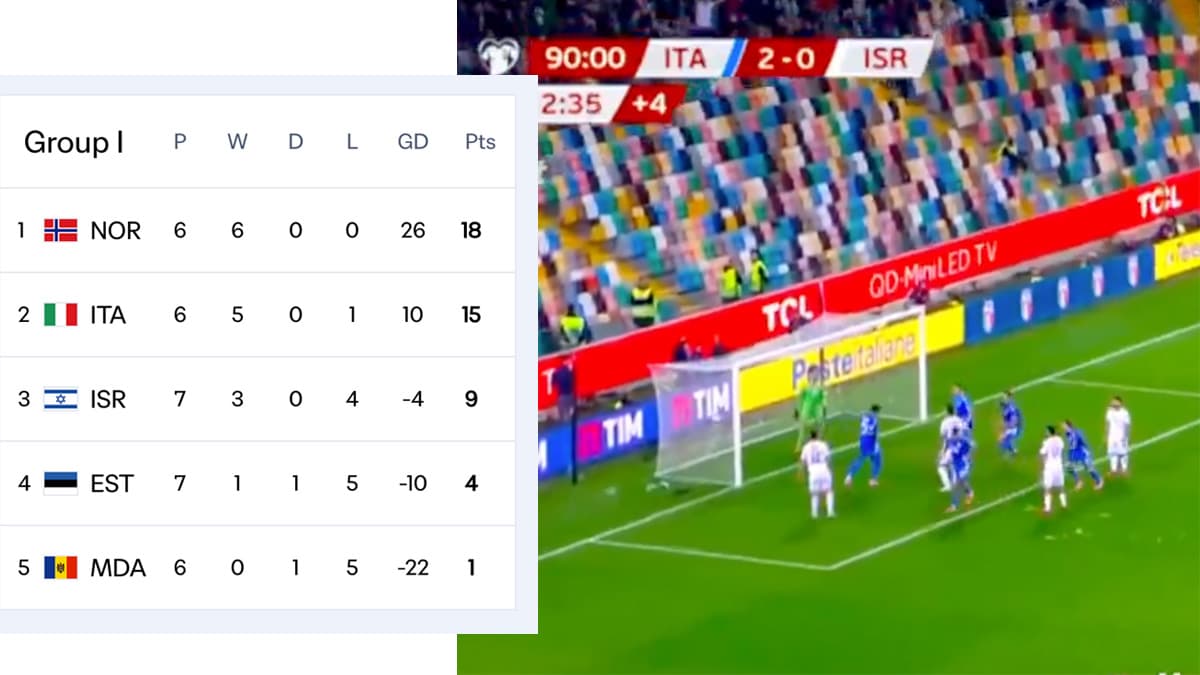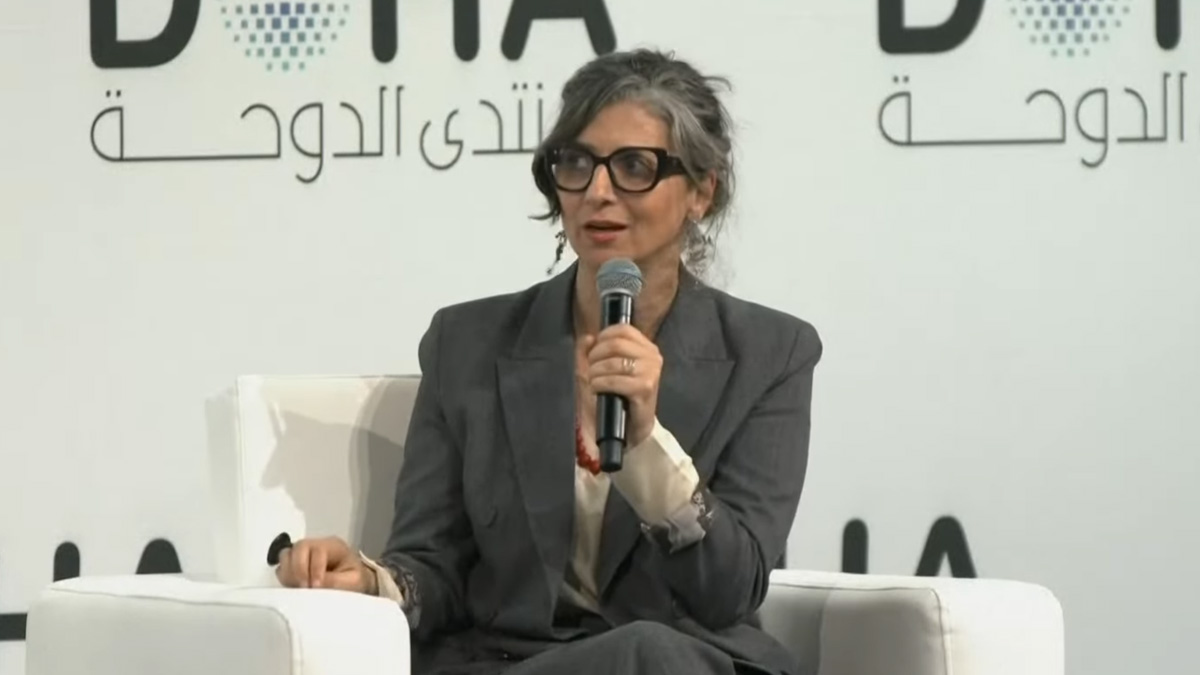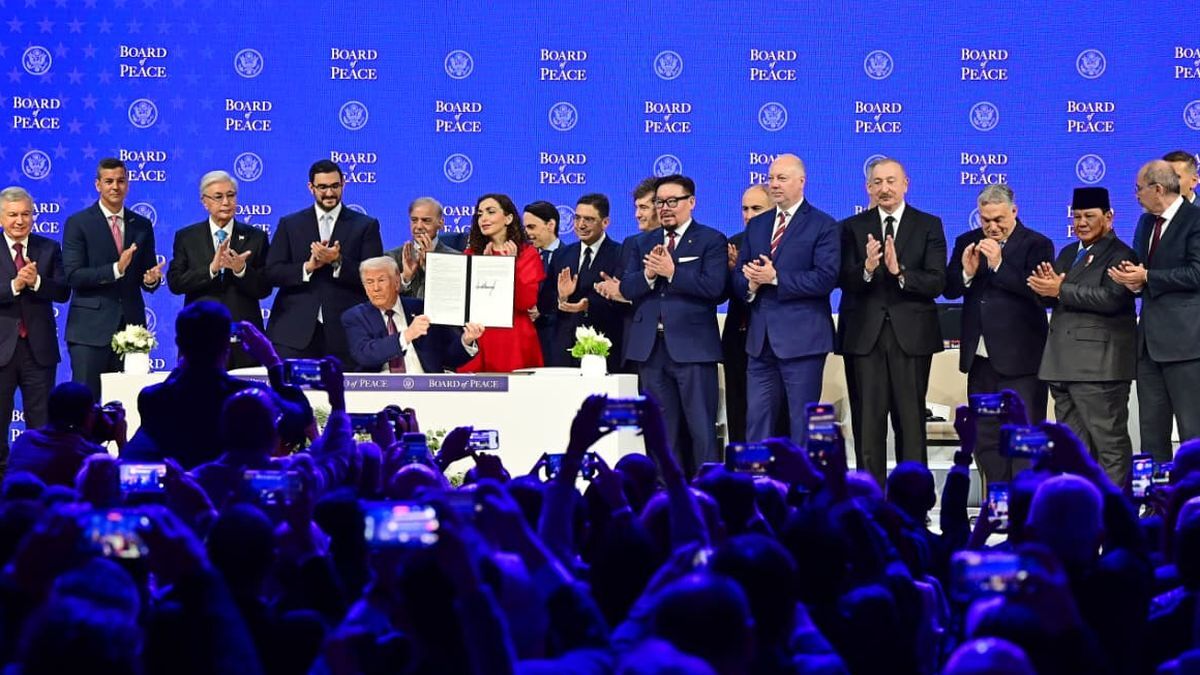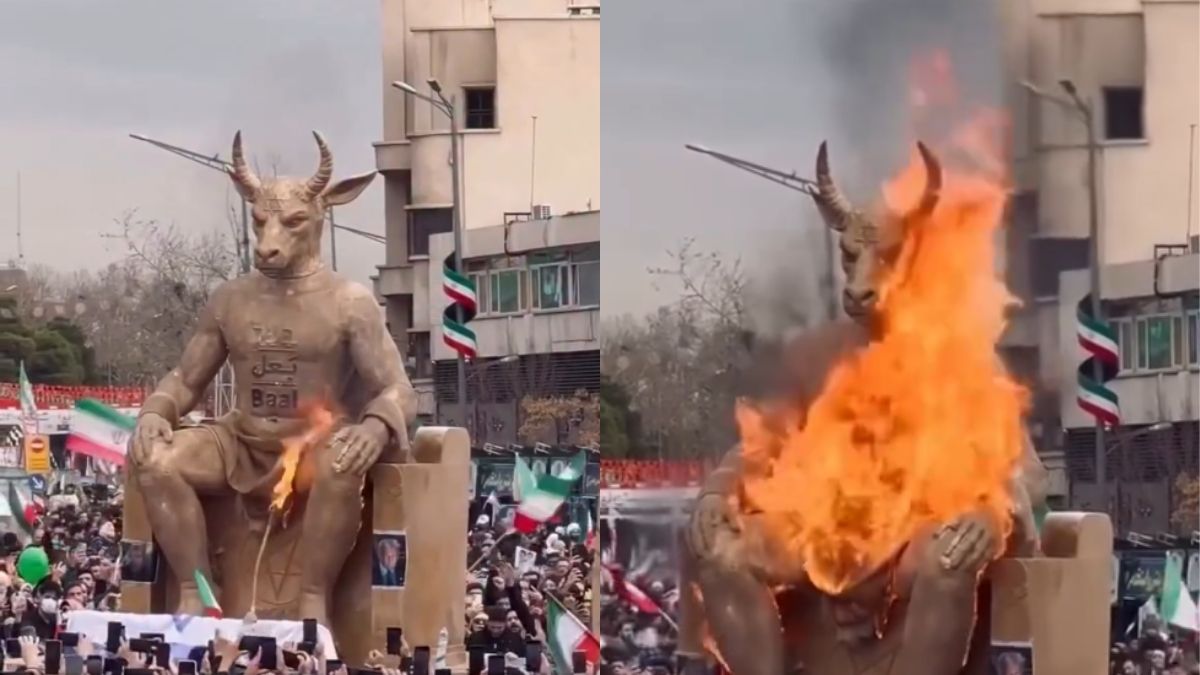Israel knocked out of World Cup as global protests grow over Gaza genocide
Israel’s elimination from the 2026 World Cup qualifiers came amid intensifying protests across Europe and renewed calls to ban the country from international football over its military campaign in Gaza.

- Israel has been eliminated from the 2026 World Cup following a 3–0 loss to Italy.
- Protests across Europe and outside stadiums are demanding Israel’s suspension over alleged genocide in Gaza.
- Fifa faces growing criticism for inconsistency after banning Russia but refusing action on Israel.
Israel’s hopes of qualifying for the 2026 FIFA World Cup ended on 15 October, 2025, following a decisive 3–0 defeat to Italy in Udine.
But the match was far from an ordinary qualifier.
It became a stage for one of the most visible expressions of global protest yet against Israel’s war in Gaza, which human rights organisations have increasingly described as genocidal.
Outside Stadio Friuli, around 10,000 people marched in protest ahead of kickoff, waving Palestinian flags and holding banners calling for a boycott of Israel in international football.
Many of the banners carried the slogan “Show Israel the red card”—part of a coordinated campaign urging FIFA and UEFA to take disciplinary action against the Israeli football federation.
The demonstration remained peaceful for most of the evening but escalated towards its end when some protesters clashed with police.
According to local media, firecrackers and crowd-control barriers were thrown. Police responded with tear gas and water cannons to disperse the crowd.
On social media, the scene quickly spread. Sports journalist Leyla Hamed posted a video of the protest captioned: “Protests continue in Udine outside the Italy vs Israel game, or as many are calling it, ‘the match of shame’.”
Inside the stadium, the political tension was evident. Boos rang out during the Israeli national anthem. Pro-Palestinian chants could be heard in the stands.
The Italian Football Federation confirmed that only 9,000 tickets were sold for the match—well below the reduced capacity of 16,000—suggesting a deliberate boycott by Italian fans.
Italy’s victory kept them in contention for the World Cup playoffs, while Israel’s defeat mathematically ended their campaign.
During the broadcast, RAI Sport presenter Alessandro Antinelli wore a black ribbon “for the 250 journalists killed in Gaza, in a genocide that they tried to report on but from which they did not return”.
Protests spreading across Europe
The protests in Udine followed similar scenes in Oslo on 11 October, when Israel faced Norway and suffered a heavy 5–0 defeat.
Erling Haaland scored a hat-trick in that match, but the action on the pitch was overshadowed by demonstrations outside the stadium.
Norwegian police used tear gas against protesters chanting “Free Palestine”, while fans inside the stadium raised Palestinian flags and held a banner that read “Let Children Live”.
The movement to suspend Israel from international football has been gaining ground since the escalation in Gaza began.
Many activists and football supporters have drawn parallels with the 2022 suspension of Russia by FIFA and UEFA following its invasion of Ukraine.
They argue that Israel’s military actions—particularly the targeting of civilians, journalists, and infrastructure—warrant similar treatment.
Fifa’s silence under fire
Fifa President Gianni Infantino has become a focal point of criticism over the issue.
On 2 October, just days before Israel’s qualifiers, Infantino insisted that “football cannot solve geopolitical problems,” in a statement interpreted as a refusal to sanction Israel.
Critics quickly pointed to Infantino’s past support for football’s role in the 2020 Israel-Hamas peace deal announced by then-US President Donald Trump — a deal that has since collapsed.
Adding to the controversy, Infantino attended the Gaza ceasefire summit in Egypt on 14 October, where he was photographed alongside US President Joe Biden and other world leaders.
So far, neither Fifa nor UEFA has taken formal steps to investigate or discipline Israel, despite mounting pressure from civil society and football associations in multiple countries.
Israel’s elimination from the World Cup removes it from the immediate spotlight in terms of fixtures. However, campaigners insist that the protest movement will continue to grow.
They argue that expulsion—not mere elimination from competition—is necessary if international football bodies are to uphold their stated commitments to human rights and consistency.
FIFA and UEFA banned Russia from international competitions in 2022, just days after its full-scale invasion of Ukraine. The decision was framed as a response to the breach of international law and mounting civilian casualties.
Activists say that the same principles must apply to Israel, whose military campaign in Gaza has led to tens of thousands of deaths, widespread destruction, and repeated allegations of war crimes by international legal bodies.







